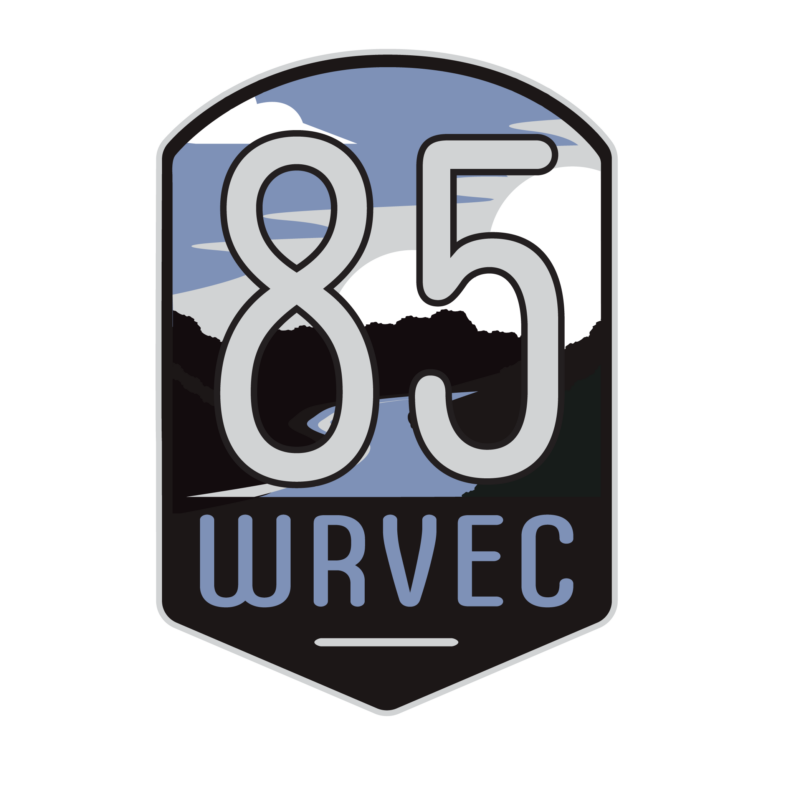WRVEC reminds members of precautionary measures for inclement weather
White River Valley Electric Cooperative is monitoring the weather and has mobilized its crews in advance of a potential winter storm forecasting a moderate to high potential that the precipitation type will be freezing rain.
While snow does not usually affect power supply, ice storms are among the most devastating weather events that can hit the electric power supply grid. When freezing rain falls, it can collect on lines. The heavy weight can snap lines, cause trees to fall into lines or topple poles. Crews are also hampered by icy road conditions and downed trees that make travel difficult.
“We are always ready to respond to power interruptions,” said Chris Hamon, CEO. “In situations such as these, we are on heightened alert and diligently monitor the weather to ensure we are as equipped for what may unfold.”
WRVEC has prepared crews and equipment to ensure that adequate resources are in place to restore any downed power lines and power interruptions in communities served. They have also secured materials, contractors and/or mutual aid from those within the cooperative network to supplement their own work force if necessary.
WRVEC encourages members to sign up for outage alerts and receive updates throughout the SmartHub App. Members can sign up by visiting Smart Hub.
Members can also view outage counts and on the company’s website: https://www.whiteriver.org/outage-information
WRVEC wants to remind members of the following in the event of a winter outage:
- Members who rely on electricity to heat their homes should make plans for alternative shelter in the event a major outage takes place.
- If the power goes out, any White River member can call 800-695-0056 or 417-335-9333 to report the outage. Please be patient as there may be a high volume of calls if many members are experiencing a power outage.
- Power outages during winter storms are most frequently caused by ice building up on the power lines and on trees near power lines. The weight of the ice can cause the lines to break and trees to fall on the lines.
- If a power outage does occur, the co-op aims to restore power in an order that will restore service to the greatest number of members first.
- Transmission towers supply power to one or more transmission substations. Tens of thousands of members could be served by one transmission line, so if there is damage, these lines are repaired first.
- Distribution substations serve thousands of members. These stations are checked first because if there is a problem that can be corrected, power may be restored to a large number of members
- Main distribution lines are checked next if a problem can’t be isolated at the substation. When power is restored at this stage, all members served by this supply line could see lights come on as long as there isn’t another problem down the line.
- The final supply lines or tap lines carry power to the utility poles and transformers. Line crews fix the remaining outages based on restoring service to the greatest number of members first.
- Sometimes damage occurs on the line between your house and the transformer. This can explain why one person’s house is out and their neighbor isn’t.
- Do not touch or attempt to move any downed power line or low-hanging power lines as there may still be electricity running through them. A tree on a power line can act as a conductor so it is equally as dangerous as a downed power line.
- Check backup generators for proper operation. Generators that are not properly installed can pose a huge risk to both the homeowner and to White River employees. Generators must have the appropriate transfer switch between the meter and the service entrance to prevent injury to linemen working to restore power. Prior to installing a generator, members can contact White River and an engineer can help ensure the generator is installed correctly.
- If you lose power, minimize the amount of time you open your refrigerator or freezer. These appliances can keep their contents cold for up to two days if left closed.
- Listen to a battery-powered radio for weather and power restoration updates. Turn off major appliances (electric water heaters, refrigerators and freezers) and sensitive electronic equipment (TVs, DVD players, computers, audio equipment) to prevent overloading and possible damage when power is restored. Turning off this equipment may mean unplugging it, turning off a circuit breaker or removing a fuse for the circuit that provides power to this equipment. Leave one light switch “on” to know when power has been restored.
- Don’t use a natural gas or propane range to heat your home. Never use outdoor grills or stoves inside.
- Turn on appliances and sensitive electronic equipment one at a time to avoid overloading circuits. Replenish emergency supplies used during the storm.
# # #



